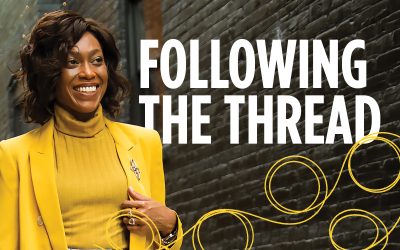A publicist found her calling designing costumes for stars like Jennifer Aniston and Octavia Spencer
Fashion & Apparel
No Results Found
The page you requested could not be found. Try refining your search, or use the navigation above to locate the post.
We need your great Auburn stories!
We are looking for the newest, most inspiring stories about Auburn students, faculty, staff and alumni. Stories that touch the head and heart and show Auburn as a modern university that embraces its history and celebrates the Auburn Family every chance it gets.
Have you recently had a job promotion, married or had an addition to your family?
Send us your class note and remember to add your class year.
More Fashion & Apparel Stories
No Results Found
The page you requested could not be found. Try refining your search, or use the navigation above to locate the post.
